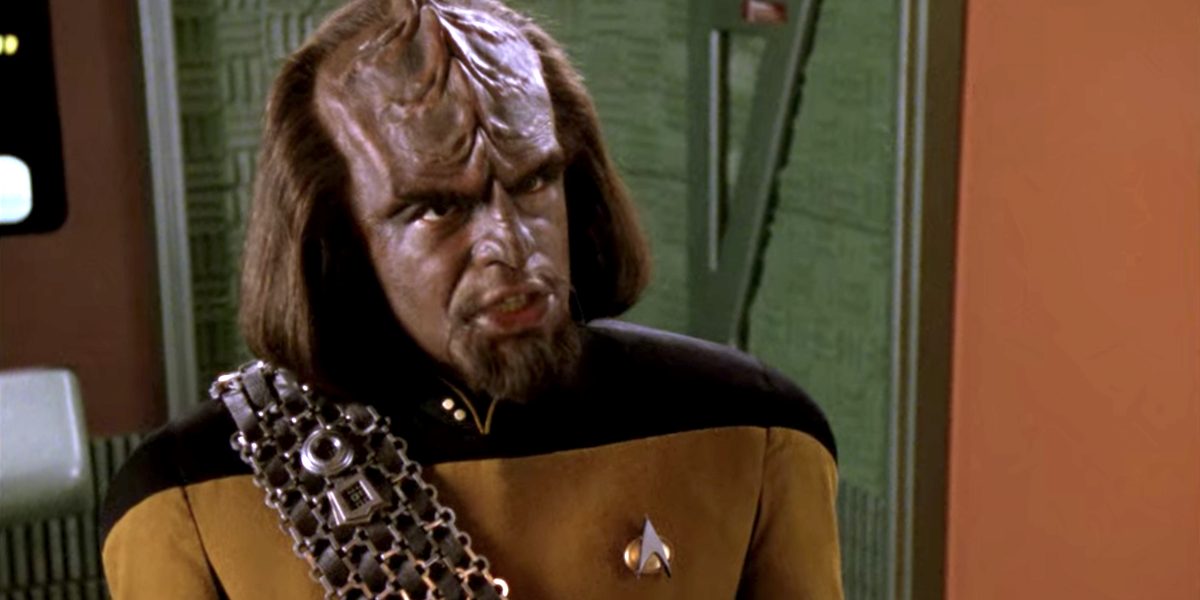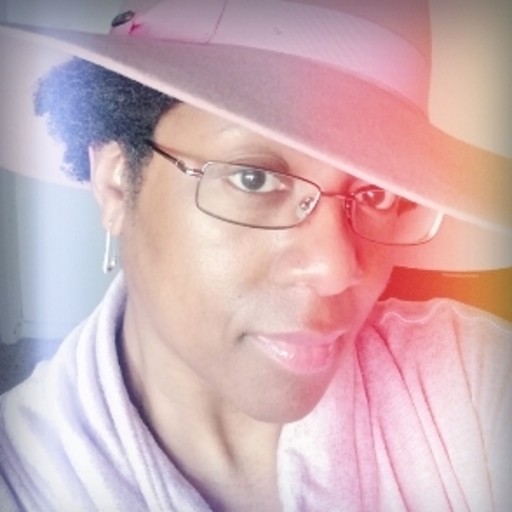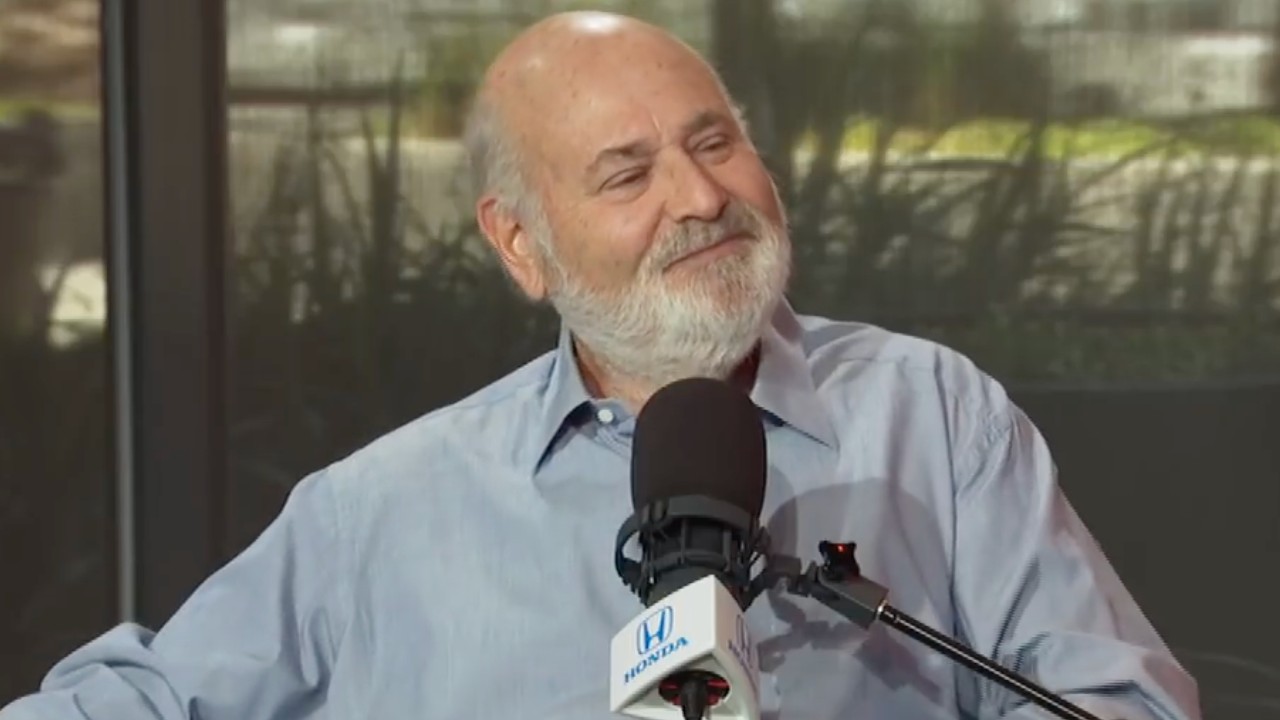Why One Of Star Trek: The Next Generation's Key Worf Storylines Almost Didn't Happen

CinemaBlend participates in affiliate programs with various companies. We may earn a commission when you click on or make purchases via links.
Any show that lasts for more than a couple of seasons is really going to have a good chance to dig into the lives of its characters, whether main, secondary, or even smaller than that, if the producers so choose. This was certainly the case with much of what happened on Star Trek: The Next Generation across seven seasons, but it turns out that one of the big Worf storylines of the series almost didn't get a spotlight at all, and now we know why.
The Next Generation was only the second in what would become a very long line of live-action Star Trek series to follow members of Starfleet as they explored new worlds and, often, found themselves embroiled in conflicts with a diverse population of non-Earth-based races. It was also the first Trek show to give fans a new, slightly softer view of the Klingons, with the previously villain-only race now having a member among Starfleet and serving on the Enterprise: Worf.
The character ended up being very important to Trek for many years beyond TNG, but as writer / supervising producer Ronald D. Moore recently told The Hollywood Reporter, one of Worf's biggest stories almost never saw the light of day. Worf and the Klingon civil war were the focus of the Season 4 finale and Season 5 premiere, "Redemption, Parts I and II," but as Moore just revealed, Star Trek mastermind Gene Roddenberry was not cool with that idea, at all. As he tells it:
I remember that Gene was not fully on board with the idea. He didn’t really see Worf as a primary character. [TNG] was about Picard. He was the Captain. This was the first time that Next Gen — that Star Trek, really — had ever done a big war story like this. And this was going to be the series’ 100th episode on top of it. So, we had to fight somewhat to get the episode going.
Well, it would be hard to fight against the man who created Star Trek, but I think we're probably all glad that Ronald D. Moore (with a mighty assist from The Next Generation's executive producer Rick Berman and showrunner Michael Piller, as Moore explained) managed it, otherwise we might not have had the story which truly helped the Klingons become way more than just another humanoid race of Star Trek villains down the road.
While I'm certainly glad we got this big, fat, intensely wonderful Worf / Klingon story, I can sorta see where Gene Roddenberry was coming from. If you envision your series in a certain way, it's probably difficult to see beyond that. Star Trek: The Original Series was Kirk's story, and he saw TNG as Picard's story, so it's understandable that Roddenberry wouldn't mind Worf getting the spotlight here and there, but not in an all-important season finale / season opener, and certainly not for what would be the show's landmark 100th episode.
A major, two-part episode needed to focus on Picard. Why wouldn't the captain of the Enterprise be at the center of a war story?
Your Daily Blend of Entertainment News
Luckily, those around Ronald D. Moore, who wrote the dual Worf-centric episodes, saw the benefit in what he wanted to do, and made sure it came to fruition. It's hard to imagine the character's story without the reveals about his family and the intricacies of Klingon politics that were made in "Redemption, Parts I and II," and I'm sure most fans feel the same.
You can relive the glory of Star Trek: The Next Generation on a host of streamers, including Paramount+, but for more to watch, check out our 2021 summer TV premiere guide!

Covering The Witcher, Outlander, Virgin River, Sweet Magnolias and a slew of other streaming shows, Adrienne Jones is a Senior Content Producer at CinemaBlend, and started in the fall of 2015. In addition to writing and editing stories on a variety of different topics, she also spends her work days trying to find new ways to write about the many romantic entanglements that fictional characters find themselves in on TV shows. She graduated from Mizzou with a degree in Photojournalism.
